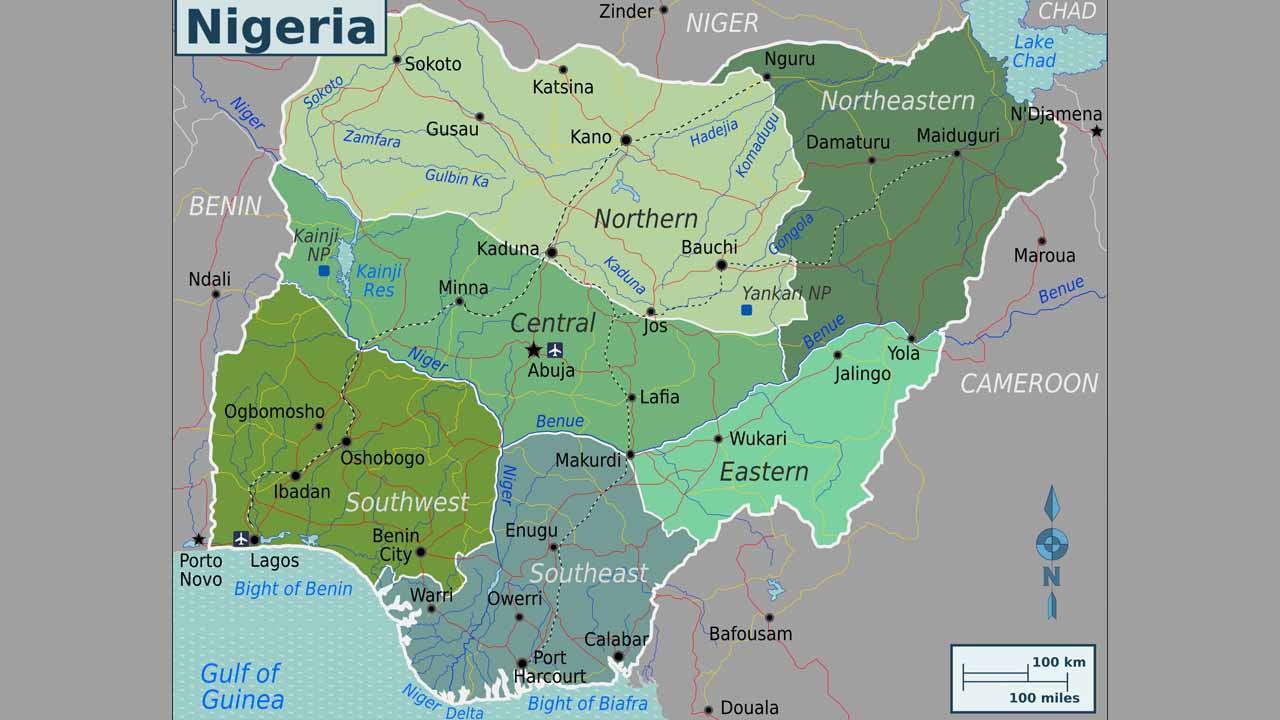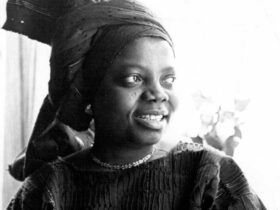Building Nigeria’s Future: Why Genuine Wisdom Matters More Than Ever

Within Yoruba culture-renowned for its profound spiritual insight and cultural depth-wisdom (ọgbọn, ìmò, ọlọ́gbọ́n) transcends material wealth. According to Ifá teachings, genuine wisdom emerges from the harmonious integration of ìwà (moral character) and ọpọlọ (intellect). It is the art of aligning one’s orí (destiny) with virtue, employing knowledge not for personal gain but for the collective good.
Historically, the revered “wise men” among the Yoruba were the Babaláwo-interpreters of fate, healers of the spirit, and trusted counselors to rulers. Their influence was rooted not in financial status but in the resilience of their souls and the integrity of their character. For them, wisdom served as a guiding principle for society rather than a commodity to be traded.
In Yoruba tradition, calling someone wise is an acknowledgment of their ethical bravery and dedication to community welfare, not a compliment on their wealth. It is a sacred honor, earned through perseverance and sacrifice, rather than through cunning financial maneuvers.
Lagos, a city steeped in history, has been home to many such authentic wise figures-individuals whose legacies rest on justice and vision rather than monetary power.
Take Herbert Macaulay, often hailed as the pioneer of Nigerian nationalism, who confronted colonial exploitation with sharp intellect and unwavering bravery. Similarly, Nnamdi Azikiwe and Obafemi Awolowo, though from diverse ethnic backgrounds, transformed Lagos into the epicenter of Nigeria’s independence movement, forging a future free from oppression. Their true wealth was found in ideas and sacrifice, their wisdom in the courage to dream of a liberated nation.
Lagos also nurtured cultural icons whose insight reshaped the national consciousness. Hubert Ogunde elevated theater into a platform for emancipation, while Fela Anikulapo-Kuti wielded music as both a weapon and a scripture, boldly challenging authority when silence was the safer path. Imperfect as they were, these figures embodied the Yoruba belief that wisdom is fundamentally about service, not selfishness.
These historical paragons stand in stark contrast to today’s glorification of wealth-driven figures. Where elders once used wisdom to uplift communities, contemporary profiteers exploit capital to dominate them. Where sages maintained cosmic balance, today’s merchants often sow discord and despair. Equating these two is to dilute the very essence of Yoruba heritage.
Consider the recent event where President Bola Ahmed Tinubu crowned wealthy businessmen as embodiments of wisdom during the inauguration of the access road to the Lekki Deep Sea Port. This moment presented a chance to honor true Nigerian sages-the educators who nurture minds, the farmers who sustain life, the healers who preserve health, and the elders who uphold values. Instead, capitalists were elevated as the new oracles of destiny.
Religious teachings across traditions remind us otherwise. The Qur’an states, “He grants wisdom to whom He wills, and whoever has been granted wisdom has indeed been given abundant good” (Q2:269). The Bible declares, “The fear of the Lord is the beginning of wisdom” (Proverbs 9:10). Ifá emphasizes that wisdom is rooted in ìwà, the character that maintains life’s equilibrium.
None of these spiritual frameworks equate wealth with wisdom.
Why This Distinction Is Crucial
Nigeria stands at a crossroads, yearning for a revival of character, culture, and courage-a true Renaissance. In such a pivotal time, language and symbolism carry immense weight. To crown profiteers as sages is not mere rhetoric; it reveals the values guiding leadership and the altar at which allegiance is pledged.
A genuine national rebirth cannot be led by those who mistake monetary gain for enlightenment. No nation has ever risen by confusing the shimmer of riches with the radiance of wisdom.
Wealth devoid of ethics is not wisdom. Prosperity without justice is not nationhood. Capital without character is not Renaissance.
Therefore, with both tenderness and urgency, we must face this reality. Nigeria’s future cannot be constructed on false wisdom. The term “wise” must be reclaimed from those who cheapen it and restored to its rightful bearers: individuals of courage, empathy, and integrity.
Only then can our nation ascend once more, guided not by financiers but by genuine sages-those who view wisdom not as a treasure to hoard but as a light to illuminate the path for all.








Leave a Reply